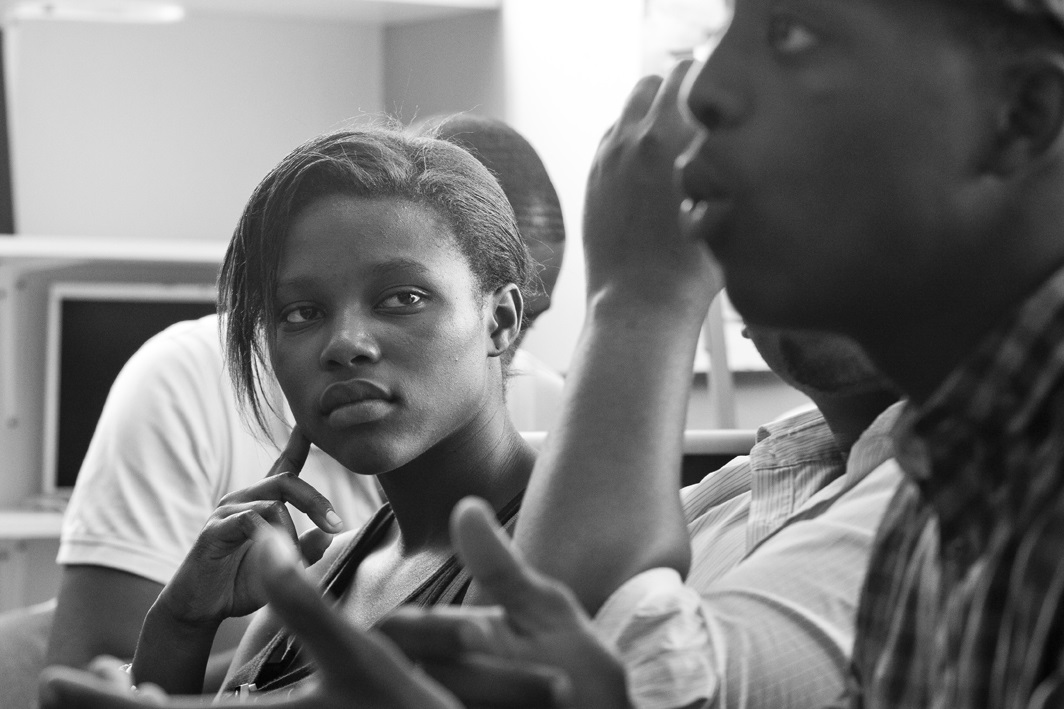- About
- Topics
- Story
- In-Depth
- Picks
- Opinion
- News
- Donate
- Signup for our newsletterOur Editors' Best Picks.Send
Read, Debate: Engage.
The plethora of cultures and heritage that have defined the African continent continue to shape how the continent interacts with itself and the outside world.
From the trailblasing Nollywood film industry and the unique Swahili Kikoy fabric to the iconic Zulu dance, the melting pot that defines the true spirit of Africa has transcended generations and inspired new forms of expressions beyond the continent.
Encompassing music, film, dance, photography, fashion, visual arts, culture festivals and architecture, the African heritage has played a pivotal role in silencing guns, resolving disputes and championing peace and order.
But beyond giving Africans a unique identity, creative industries remain key contributors to economies and constitute a source of jobs and income for millions of women and youths.
As the world grapples with an unprecedented pandemic that has altered people’s way of life, culture has been a source of solace and hope, and nowhere has this been amplified more than in Africa, where industries have defied odds to remain resilient.
As the continent celebrates the African Day this week, with the theme ‘The Arts, Culture and Heritage: Levers for Building the Africa We Want,” the onus is on the continent to invest more on the sector to give it a competitive pedestal to the benefit of its people, while competing globally.
Africa currently has an estimated 600 million youths who are unemployed, uneducated or in insecure employment. Yet the creative industry has over the years absorbed talent, created employment and remained one of the key drivers of the African Union’s ambitious blueprint Agenda 2063.
With this year’s African Day celebrating 58 years since the Organization of the African Union OAU - the predecessor of the African Union - was formed, the achievements and challenges that have stood in realisation of a common Africa, it is time for the continent to pause, reflect and appreciate the value that the creative industry continues to add across all spheres of life.
Image: Benjamin Houston.
